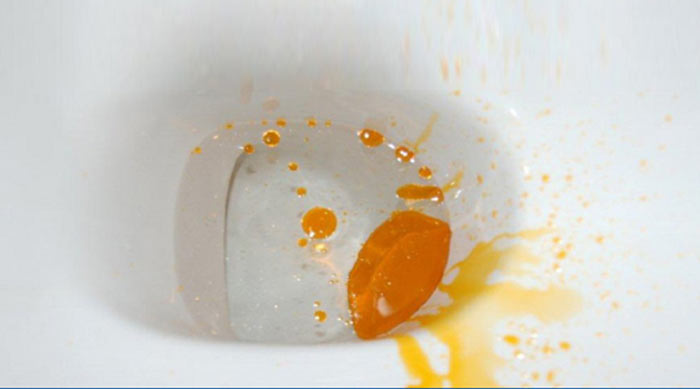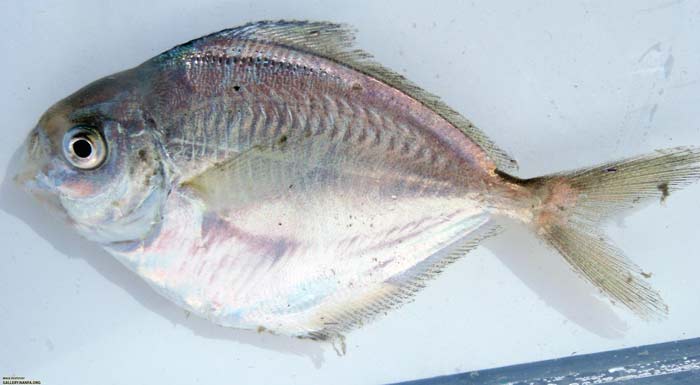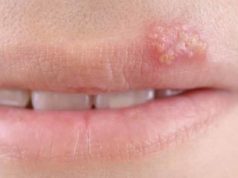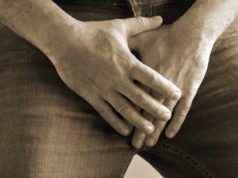Keriorrhea is a form of bowel incontinence. Different people are faced with bowel incontinence. This is usually very distressing. The most common complication associated with stool is diarrhea and in this case, oily diarrhea. Read on to find out the causes, symptoms and possible remedies
What is Keriorrhea?
Keriorrhea is a condition in which you discharge greasy and orange-colored stool following consumption of wax esters that are indigestible. Consumption of escolar and oilfish explains discharging of the waxy diarrhea. There are many names used to refer to this condition. They include; leakage of the excretory opening, oily orange diarrhea, or simply oily diarrhea leakage.[1]
Causes
It is very important to understand the causes of Keriorrhea any time before seeking treatment. The most common causes are bas discussed below.
Food
There is a great relationship between the likely hood of having oily diarrhea and the type of food we eat. Mainly, food as a cause of keriorrhea affects those who consume fish in large amounts. In the case where the oily diarrhea is associated with food consumption, the diarrhea is also orange in color and waxy. There are different types of fish but those which are likely to lead to the condition above are escolar and oil fish.
Escolar and oilfish are examples of butterfish. This type of fish has special characteristics. They are found in temperate waters and tropical regions. The most outstanding feature of butterfish that explains why they are a leading cause of oily diarrhea is that; they are unable to digest waxy esters which are usually found in their diet. Such waxy esters are referred to as gempylotoxins.
The butterfish consume these compounds and there is a general increase in the fat content of these fish. When we consume butterfish, the gempylotoxins waxy esters also accumulate in our bodies.
These fats are then discharged through the concluding part of the large intestine. When these fats build up, the result is formation of the oily stool. This build-up is what is called Keriorrhea.
However, it is not necessarily that consuming of butterfish is what has led to Keriorrhea. This is because, not all people who feed in butterfish end up with oily diarrhea. Probably, it is not the butterfish you should blame for the condition. You are advised to seek medical attention for proper analysis and disclose to the doctor if at all you have been feeding on butterfish.
Most importantly, when you consume this type of fish you need to be careful on how much of the fish is consumed. This is because, too much of the fish leads to accumulation of wax and when the body experiences high wax content, you are likely to end up with oily diarrhea.
Medication
You may be surprised that some of the medicines that you are taking have resulted to the oily diarrhea. In most cases, medicines used to treat pancreas conditions or stomach issues are likely to result to keriorrhea.
Some pills such as the weight pills are also associated with oily diarrhea. In the case where the medications you are put to cause keriorrhea you may experience increased rate of defecation.
You also have complete bowel incontinence as well as oily spotting. In such a case, the doctor changes your medication in order to reduce the oily diarrhea and eventually eliminate it.
Medical conditions
Like any other conditions, there are some oily diarrhea cases that are more severe than others. The most severe cases of keriorrhea are associated with medical conditions. Some of the medical conditions likely to cause oily diarrhea include; celiac disease, chronic pancreatitis, inflammatory bowel disease and cystic fibrosis.
These are life threatening conditions and if your oily diarrhea is caused by them you need to seek immediate medical attention. Once you realize you have oily diarrhea, you need to see the doctor immediately so that you are examined for any of the above mentioned conditions.[2]
Symptoms
There are symptoms that show your likelihood to have Keriorrhea. It is these symptoms that help the doctor at the time of medical examination. These symptoms include the following;
- The easiest way to tell if you have Keriorrhea even before you are diagnosed is if you experience diarrhea. More specifically is if the diarrhea is orange in color and oily or greasy. Frequent cases of oily diarrhea are an almost sure symptom of Keriorrhea. Even that, you should not conclude that you have Keriorrhea until your doctor carries out a medical examination and proves that.
How long does Keriorrhea Last
The duration of Keriorrhea depends on its classification. Acute, persistent and chronic keriorrhea have different times. Chronic keriorrhea is the most serious condition of keriorrhea then persistent and acute; respectively. Acute diarrhea lasts between several hours to two weeks and this is according to medical news today.
In the cease of persistent it could be between two to four weeks. Chronic diarrhea is more severe and stretches for more than four weeks. The causes of persistent and chronic diarrhea are similar.[4]
Remedies & Medication
Since keriorrhea could be caused by some serious medical conditions, you should seek treatment without hesitation. Some people are very embarrassed about explaining to their doctor about their oily diarrhea. That is very wrong since you may end up with serious dehydration problems. Discovering the cause of the oily diarrhea makes administering treatment easier.
Where Keriorrhea is caused by the food you are feeding on such as butterfish, you are advised to refrain from such foods. In the case of butterfish, you need not be worried since digestive problems associated with gempylotoxins need no treatment. This is because, symptoms showing oily diarrhea after feeding on butterfish disappear in a few days.
You are advised to grill the fish so that you can reduce the fat content which is what is associated with Keriorrhea. Grilling makes the fish less harmful to your health. You can comfortably feed on grilled butterfish comfortably without being exposed to any risks.
In the case where Keriorrhea is caused by certain medical condition, the only way out is seeking treatment of the medical conditions.
This is because, the oily diarrhea comes as a symptom or rather result of the condition and so you cannot treat the oily diarrhea without first taking care of the condition linked to it.
Your doctor will need to do proper diagnosis to determine whether the oily diarrhea you are experiencing is attached to any medical condition. It is necessary to get immediate treatment in this case as some medical conditions are very severe and are fatal
On the other hand, where you are taking some medicines that the doctor concludes to be the cause of the oily diarrhea, you will need to get a change of drugs.
Your doctor can always find you alternative medicine that could serve the same purpose as the ones you are likely to refrain from. This necessitates disclosure of all the medicines that you could be taking at that particular time.
It is important that you do not stop taking the drugs, for instance those related to pancreas complications, without getting a replacement of the same. Clearly, you would not want to solve one problem while creating another one.
As you wait for treatment to work, it is important that you choose the right incontinence product that meets your needs. There are incontinences designed for both men and women that will help deal with bowel problems or complications thus allowing you to resume normal activities.[5]
Sources and Citations
[1] https://www.healthcaremagic.com/topics/disease-and-conditions/keriorrhea/151128
[2] http://blog.caregiverpartnership.com/2012/04/common-causes-of-oily-diarrhea.html
[3] https://www.healthcaremagic.com/topics/disease-and-conditions/keriorrhea/151128
[4] http://be.findeen.com/keriorrhea_how_long_does_it_last.html
[5] http://www.steadyhealth.com/topics/strange-phenomenon-related-to-stool-oil-in-stool?page=5







Cashews cause it as well.
Dude thanks for say that I had cashews and the next day it happened